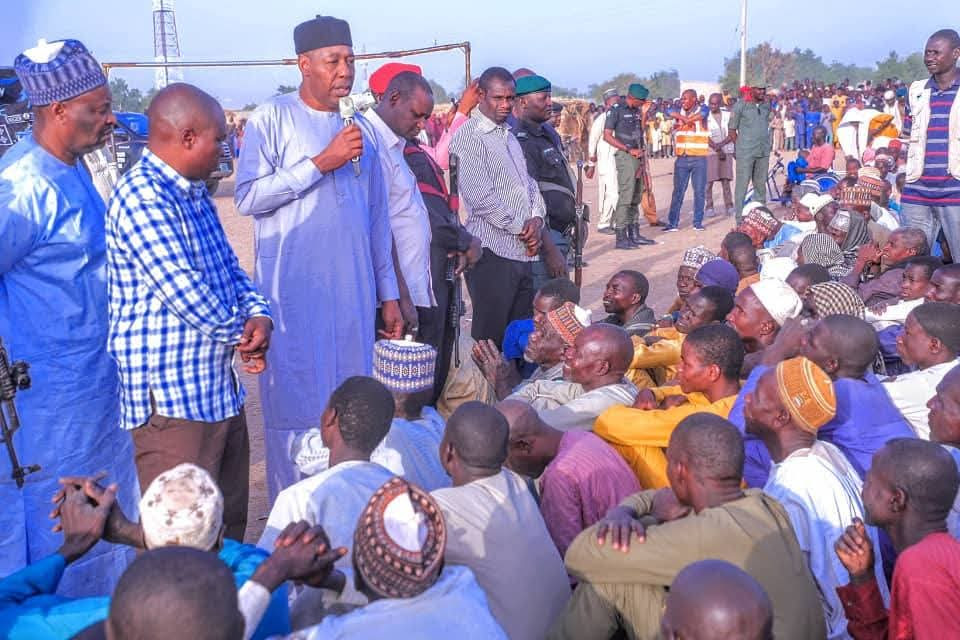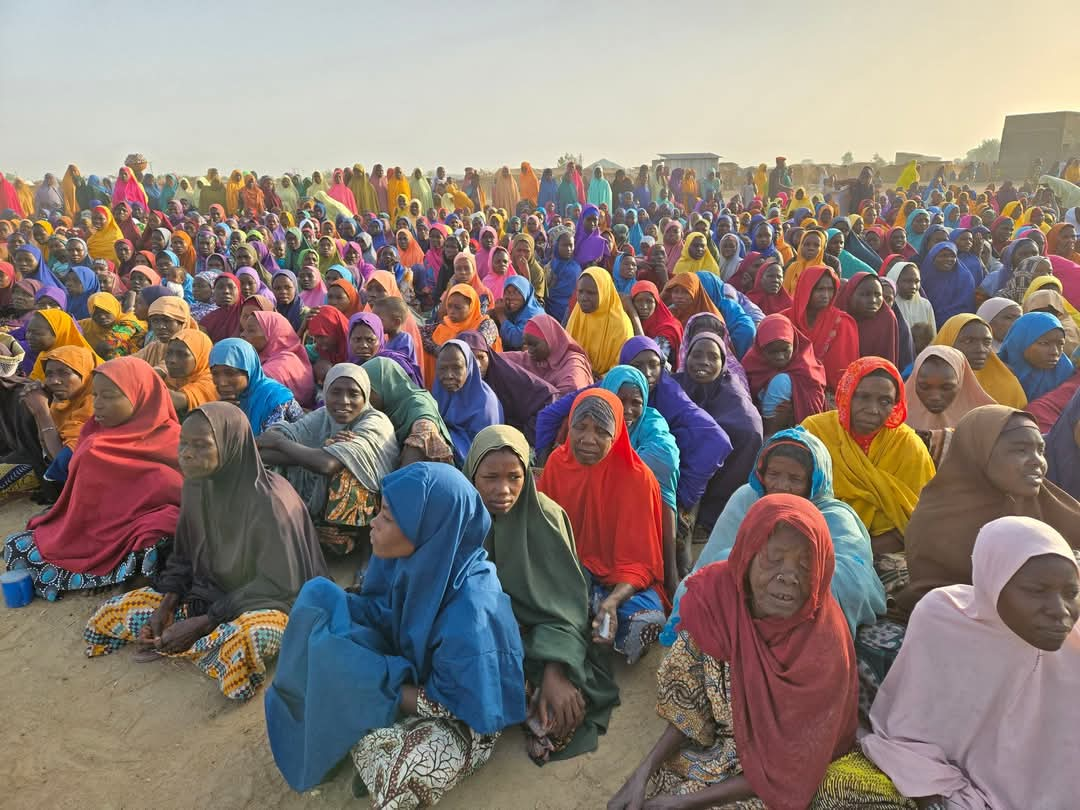The Borno State Government has announced the closure of the Muna Internally Displaced Persons (IDPs) Camp in Maiduguri, which has housed over 11,000 people for more than a decade. Governor Babagana Umara Zulum, who visited the camp last week, said the remaining IDPs would be resettled within days.
“Muna camp has become a hotspot for criminality—prostitution, gangsterism, child abuse and other illicit activities,” the governor said. “We had in 2024 resettled about 75 per cent of the IDPs here, and the remaining 25 per cent will return to their ancestral localities in the next few days.”
Muna is one of the largest camps established during the peak of the Boko Haram insurgency. Of the 12 formal IDP camps once in Maiduguri, only Muna and another informal camp remained, after Zulum shut down the others four years ago.

To support reintegration, the state government is providing each of the 6,000 households with food, shelter materials, healthcare access, and financial support. “Each head of household, male or female, will receive N100,000, and each housewife will get an additional N50,000,” Zulum announced.
Most camp residents welcomed the move. Abatcha Jur, who fled Bale village in Mafa LGA 10 years ago, said: “I don’t see any reason why we should continue staying here. Our homes and farmlands are there, and food support is no longer coming.”
Malam Ali Zangibe, displaced from Mafa, said, “We welcome the relocation if the government can keep to its words. I was a big-time farmer before destiny brought us here.”
Yana Kari Mustapha, a widow with 12 children, shared her struggle: “Life in the camp is unbearable. I want to return to the village and start a new life.”
Camp leaders and residents voiced concerns about the deteriorating moral conditions. Nana Aisha, a woman leader, lamented, “Children are exposed to bad behaviours. Some parents rely on them to feed, regardless of how they earn money. They’re not in school, and that’s dangerous.”
Community elder Alhaji Modu echoed the warning: “Whatever moral you teach your child, it will one day come back to you.”
Others cited food shortages as a major hardship. Mallam Abatcha Mustapha, the camp chairman, said, “Life became difficult when food intervention stopped. We await the governor’s directive to return to Dikwa and Mafa.”
Abiso Kadi, leader of persons with disability in the camp, said, “I am blind. Since food support ended, I’ve struggled to survive. I want to return to farming in the village.”
Ari Abdullahi, a farmer now on crutches due to a gunshot wound, added, “There’s little I can do here. Sometimes we beg to eat—something I once abhorred.”
Camp leaders detailed the rise in drug abuse, prostitution, and child exploitation at a town hall meeting with officials from the National Emergency Management Agency (NEMA). They urged both state and federal governments to ensure a safe and dignified return for all IDPs.
While 75 per cent of Muna residents have been relocated to safer areas in Bama, Gwoza, Jere, Konduga, Kukawa, and Ngala, those from Mafa and Dikwa LGAs remained due to lingering security concerns.
The Borno State Commissioner for Information and Internal Security did not respond to inquiries about ongoing security preparations as of the time of filing this report.
Meanwhile, Governor Zulum has pledged to construct 85,000 new homes across 66 communities to resettle displaced persons and rebuild lives after years of insurgency.


 Trending
Trending 